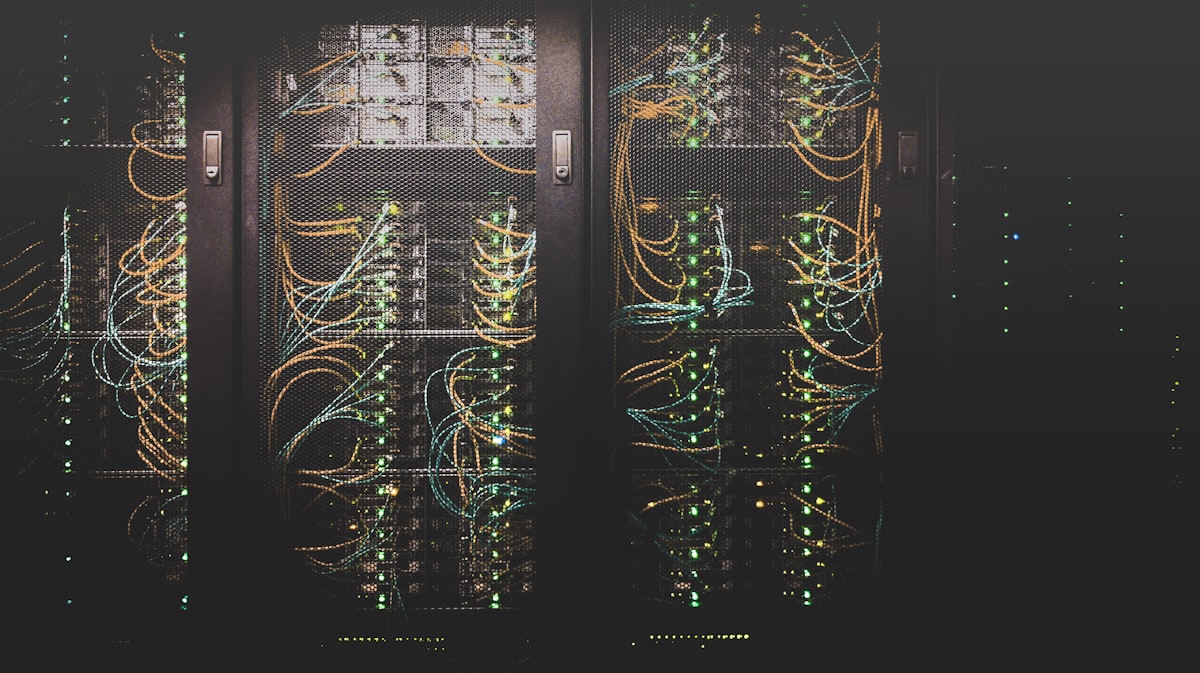In the realm of server management and cybersecurity, keeping the kernel up-to-date is essential for maintaining system stability, performance, and security. However, traditional kernel updates often require system reboots, resulting in downtime and service interruptions for users. KernelCare emerges as a groundbreaking solution that addresses this challenge by providing continuous kernel security updates without the need for reboots. Let’s delve into what KernelCare is, its key features, and its importance in ensuring kernel security and uptime for servers.
What is KernelCare?
KernelCare is a live patching service developed by CloudLinux Inc., a leading provider of web hosting security and stability solutions. It is designed to deliver critical kernel security patches and updates to Linux-based servers in real-time, without requiring system reboots. KernelCare applies patches to the running kernel without interrupting server operations, ensuring continuous uptime and protection against security vulnerabilities, exploits, and zero-day attacks.
Key Features of KernelCare:
- Live Patching: KernelCare provides live patching functionality that allows administrators to apply kernel security patches to running systems without rebooting. This eliminates the need for scheduled downtime or maintenance windows, ensuring uninterrupted service availability for critical applications and services.
- Automated Patch Management: KernelCare automates the process of downloading, testing, and applying kernel patches, reducing the administrative overhead associated with manual patch management. Administrators can configure KernelCare to automatically apply patches as soon as they become available, ensuring that servers are protected against the latest security threats in real-time.
- Compatibility and Stability: KernelCare ensures compatibility and stability by thoroughly testing kernel patches before applying them to production systems. It verifies patch compatibility with the underlying kernel version, system architecture, and hardware configuration, minimizing the risk of compatibility issues or system crashes.
- Rollback Functionality: KernelCare includes rollback functionality that allows administrators to revert to a previous kernel version in case of patching errors or unforeseen issues. Administrators can roll back patches with a single command, restoring the previous kernel state and ensuring system stability while troubleshooting and resolving issues.
- Centralized Management: KernelCare provides a centralized management dashboard that allows administrators to monitor patch status, view patch history, and manage patching policies for multiple servers from a single interface. It offers real-time alerts, notifications, and reporting capabilities to keep administrators informed about patching activities and security status.
- Security Compliance: KernelCare helps organizations maintain security compliance by ensuring that servers are promptly patched against known security vulnerabilities and exploits. It helps organizations meet regulatory requirements, such as HIPAA (Health Insurance Portability and Accountability Act) and GDPR (General Data Protection Regulation), by providing continuous kernel security updates and ensuring the integrity and confidentiality of sensitive data.
Importance of KernelCare:
KernelCare plays a crucial role in ensuring kernel security and uptime for Linux-based servers, particularly in mission-critical environments such as web hosting, e-commerce, finance, and healthcare. By providing continuous kernel security updates without reboots, KernelCare helps organizations minimize downtime, reduce service disruptions, and protect against security threats, vulnerabilities, and exploits.
In conclusion, KernelCare is a groundbreaking solution that revolutionizes kernel patching and security management for Linux servers. With its live patching functionality, automated patch management, compatibility, stability, rollback capabilities, centralized management, and security compliance features, KernelCare empowers administrators to keep their servers secure, stable, and available without the need for disruptive reboots or downtime.
Source : CheapCpanel







